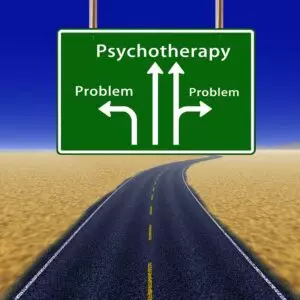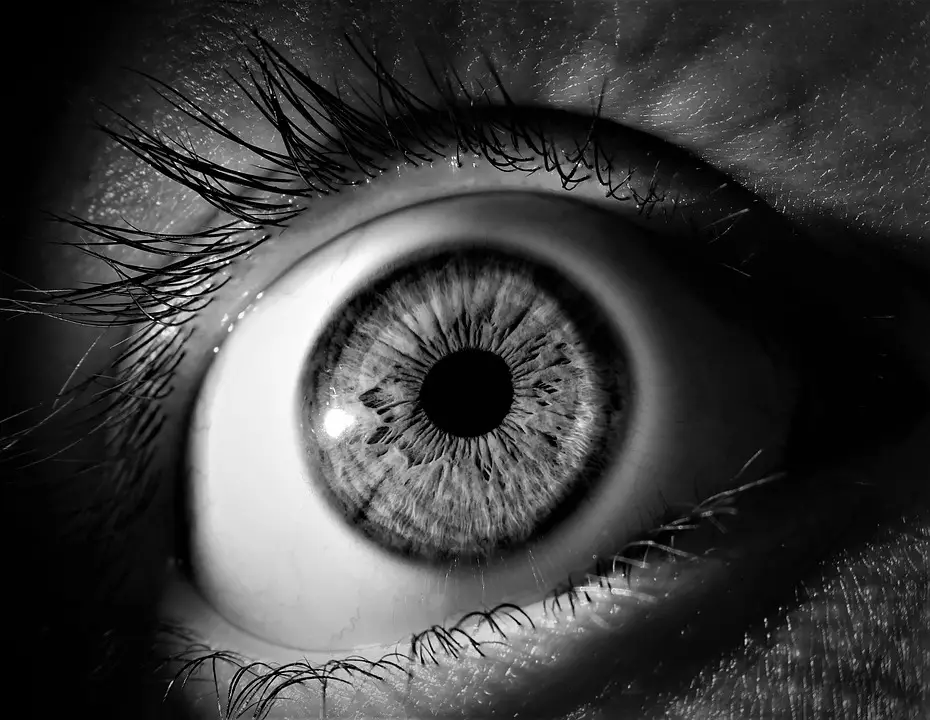EMDR stands for Eye Movement Desensitization and Reprocessing and was developed in the 1980s. Its original use pertained to retraining thoughts after traumatic events became too much for an individual to handle and works by reprocessing the traumatic information so that it is less harmful. Once considered to be only a technique, its effectiveness has allowed it to be reclassified is now recognized as a complete form of psychotherapy that has found to be very effective in many cases. It was found to have a high success rate in cases of Post Traumatic Stress Syndrome (PTSD) and now it is being used in addiction recovery as well.
 How Can EMDR be Used to Treat Addiction?
How Can EMDR be Used to Treat Addiction?
Often addiction occurs as a response to trauma. Helpful coping strategies are not always as effective or quick acting as an individual seeks and they turn to substances, which begins the cycle of substance abuse. Using EMDR a therapist can help the addict reprocess traumatic incidences and information until these memories are no longer disruptive. Once an addict can process beyond this point they can begin using safe and helpful coping strategies, as opposed to drugs and alcohol.
What Does EMDR Look Like?
During the therapy the highly training professional moves their hands in specific ways while the patient is to follow the movement with only their eyes. The movement causes the eyes to move in quick, jerky motions and helps the patient to relearn how to deal with difficult information.
Relapse Prevention
There is research that shows that ongoing use of EMDR or revisiting the procedure during stressful periods in recovery can help ensure sobriety. There are 8 stages used in EMDR and depending on the situation specific stages can be used to treat the trauma again, rather than a full 8 stage cycle. Specialists can even target cravings while using the therapy. Using EMDR may offer addicts additional means to remain sober and may play a role in rehab patients’ futures.
To learn more about drug rehab in Pompano Beach for you and your addiction or the substance abuse problem of a loved one, contact us online or call us at (855) 425-4846.
Jump to a Section
Call (855) 425-4846
